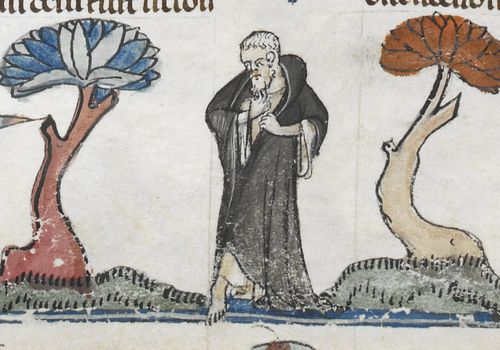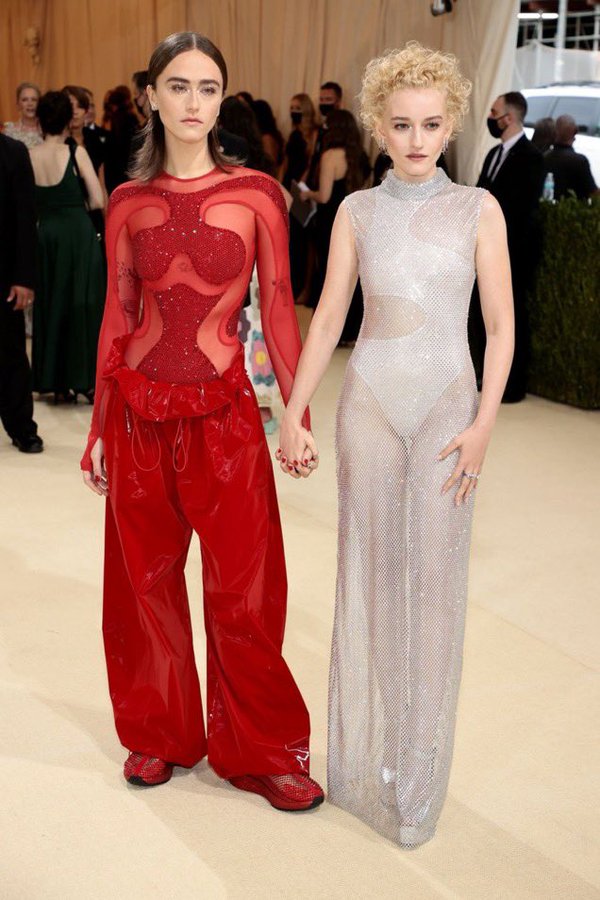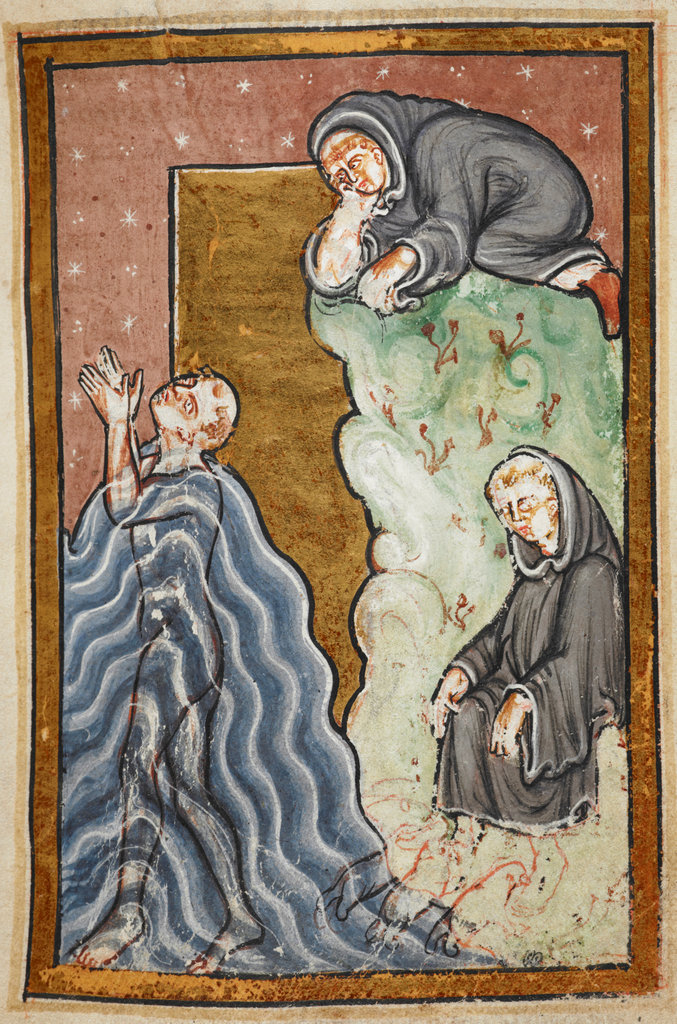How did you study Science in Anglo-Saxon England?
Well, this #ScienceWeek, let us introduce you to Bede 'the Venerable', and his scientific treatises (and computus) exploring the mathematical and physical basis of time ⌛
Well, this #ScienceWeek, let us introduce you to Bede 'the Venerable', and his scientific treatises (and computus) exploring the mathematical and physical basis of time ⌛

The idea of science in the early Middle Ages is a broad one, encompassing many subjects. The root of the word ‘science’ comes from the Latin scientia, meaning ‘knowledge’. In the Middle Ages, a person’s ‘science’ referred to his understanding of a particular topic.
Among the earliest and most widespread mathematical texts and diagrams are those that dealt with time-reckoning: determining moveable feasts, which involved using both arithmetic and astronomy through computus. 



Bede’s texts were aimed at students, and he used similes to explain complex ideas, including Earth being shaped like a sphere:
it’s ‘not circular like a shield or spread out like a wheel, but resembles a ball being equally round in all directions’
it’s ‘not circular like a shield or spread out like a wheel, but resembles a ball being equally round in all directions’
His works also contain a number of illustrations and diagrams, including a diagram showing the Roman method of counting to 10,000 and beyond with your fingers, and a table charting the orbits of various planets. 



Because it was so clearly written, ‘De temporum ratione’ became one of Bede’s most popular works, remaining a core ‘school book’ in western Europe for centuries.
Explore more Medieval science this #ScienceWeek: bit.ly/3ZR7tnL
📜 Royal MS 13 A XI
#ItemOfTheWeek
Explore more Medieval science this #ScienceWeek: bit.ly/3ZR7tnL
📜 Royal MS 13 A XI
#ItemOfTheWeek
• • •
Missing some Tweet in this thread? You can try to
force a refresh
























